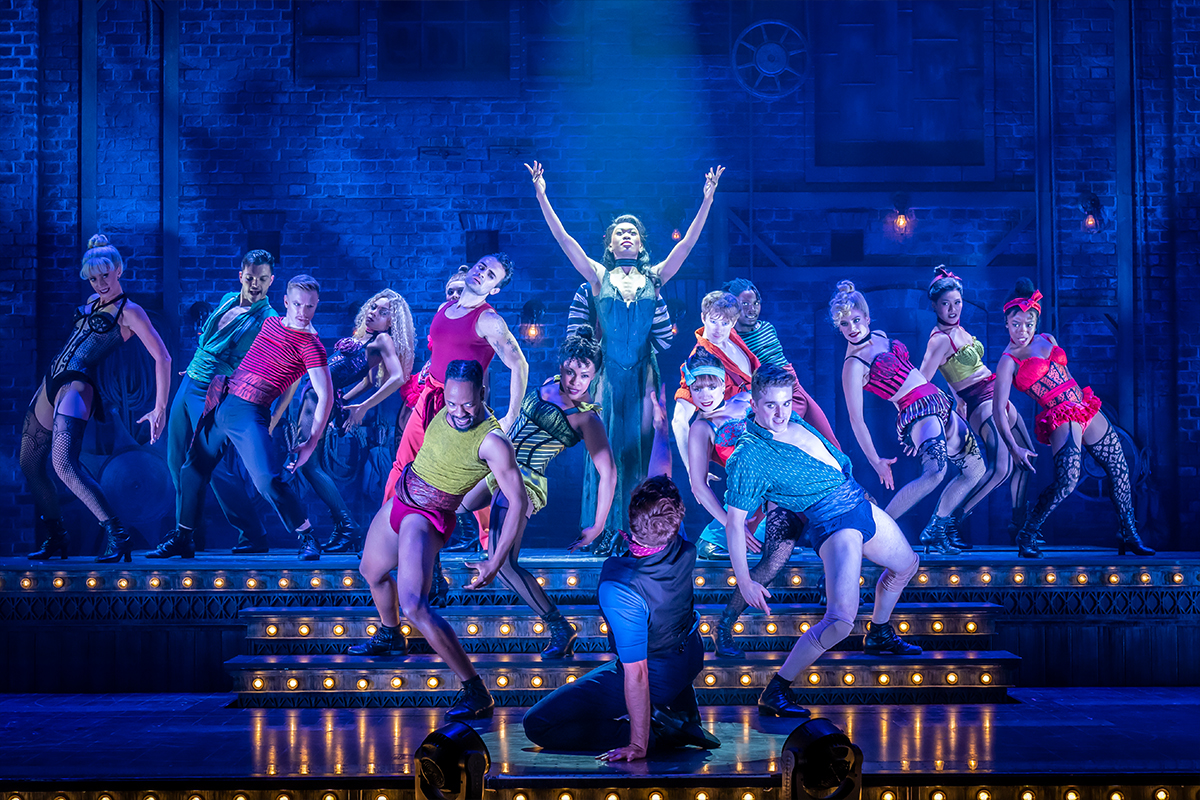Henry VI Part Three (RSC)
If Part One is dominated by the far from saintly figure of Joan of Arc and Part Two by rebellious Jack Cade, then the hunched shadow of Richard Crookback looms large over this, the final instalment of the trilogy.
Jonathan Slinger, brilliantly comic in last year’s The Comedy of Errors, is intermittently impressive as the villainous ‘Dicky’ in a performance which owes something in its splenetic violence and mangled vowels to Vivien of TV’s The Young Ones. But at the moment at least, he’s too much given to ranting and would do well to think on the late Oliver Reed’s observation that “evil whispers”.
Although the shadow of Olivier also lies across Slinger’s performance there’s a sense that he’s reaching for – and finding – his own personation. There’s more than a shade of the stunted child psychopath about his Richard who keeps, in a key infantile gesture, putting a finger coyly into his mouth.
There are fine performances too from Chuk Iwuji as Henry VI, a world away from the wide-eyed innocent of Part One, now cradled into righteous eloquence by suffering. His valedictory cursing of Richard leaves the future king visibly shaken. Katie Stephens finds cold fury as his scheming queen Margaret and there’s strong work too from Forbes Masson as Edward of York, IV to be, and Keith Dunphy as Clifford.
For those who have the stamina, this is history to be taken at a single sitting, something which reveals more clearly the vast arc of Shakespeare’s canvas and the patterning, heightened by Boyd’s doubling of actors in specific roles.
The play itself feels somewhere between the Sturm und Drang of Part One and the more psychologically Socratic Part Two. Boyd’s use of the full height and width of the Courtyard Theatre continues as actors scale ladders or descend from ropes and gantries, but there are also lengthy flights of oratory which rather keep us at a distance at key emotional moments such as the murder of Rutland and his father’s subsequent grief.
What powerfully emerges in Boyd’s triumphant staging, however, is the bodying forth of a country which at each turn is ever more fell, butcherly and most unnatural, beautifully realised in a final scene in which the triumphant Edward’s spotless white train becomes increasingly befouled as he processes through the gore of the murdered Henry.
– Pete Wood










